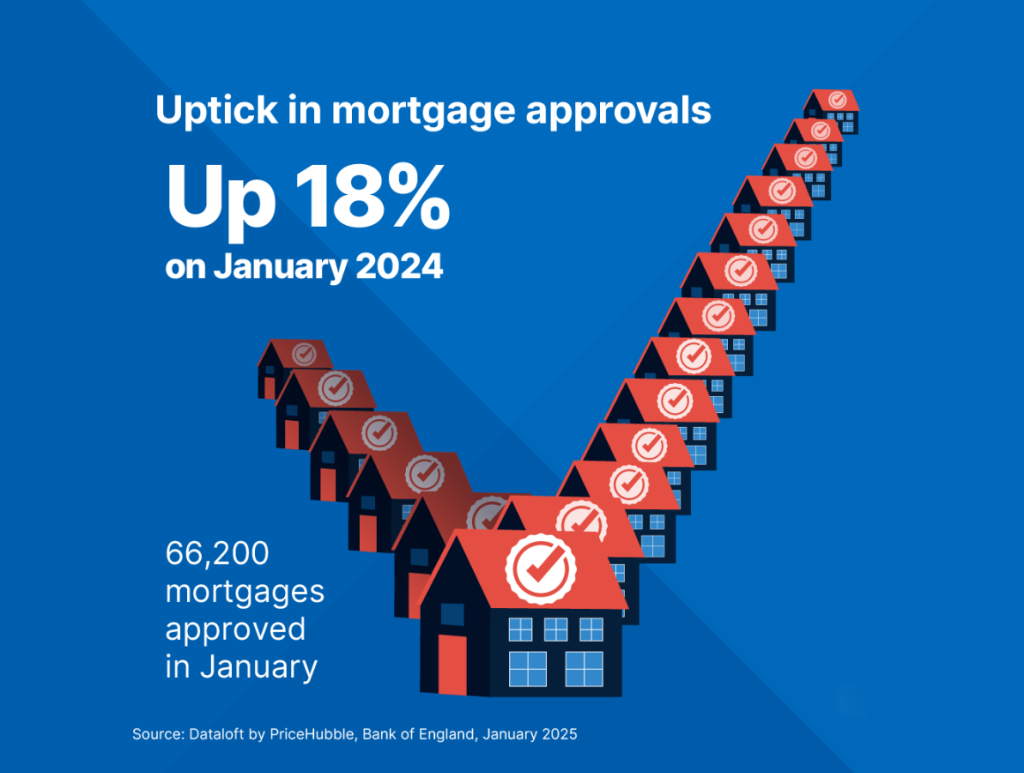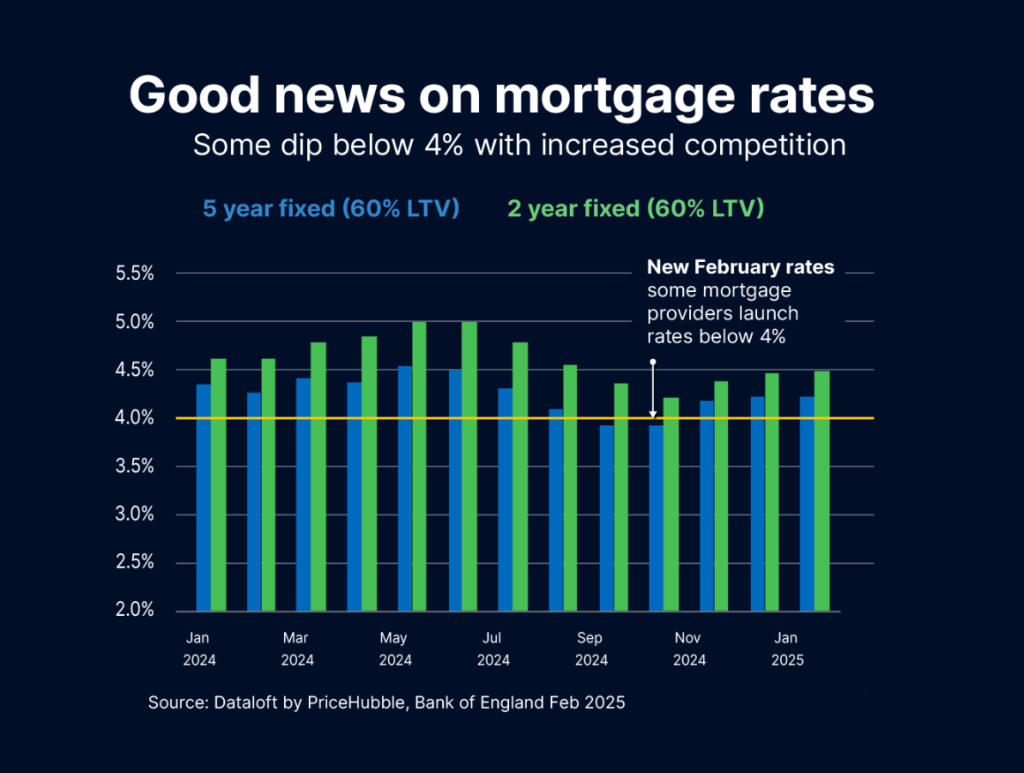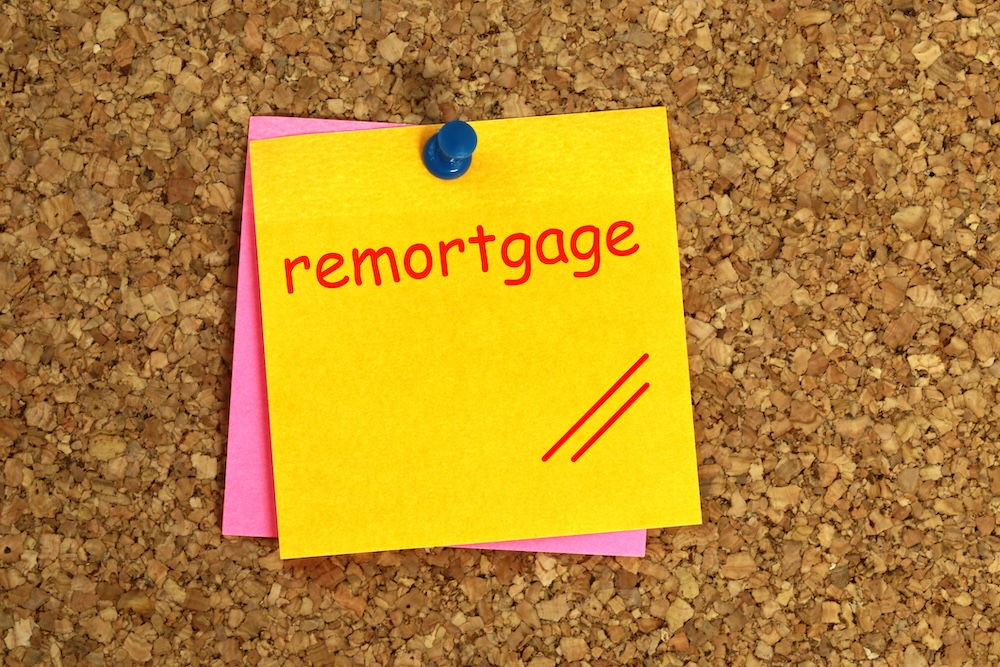- Mortgages
Mortgages
Bad Credit Mortgages
- Shared Ownership
- Insurance
Insurance
Life Insurance for Families
Life Insurance for Seniors
- Specialist lending
- About
- Events
Bridging finance is a form of short-term financing used to provide immediate funding for a real estate purchase. This type of loan is used to “bridge” the gap between the purchase of the property and the longer-term financing that is usually in place.
It is secured against the property, and the loan is paid off when the longer-term financing is in place.
Bridging finance is often used when a property needs to be purchased quickly, such as in an auction, or when a property needs to be renovated prior to a sale.
Call our team of experts on 03454 500200 or email hello@mortgagedecisions.com. We would love to help.
Bridging loans are often used by home buyers to ‘bridge’ the gap if they want to buy a new house before they can sell their old one.
They can also be used for:
It’s important to know there are two different types of bridging loans:
When you take out a bridging loan, a ‘charge’ will be placed on your property. And if you default on the loan, this legal agreement dictates which lender will be repaid first.
Usually, if you have a mortgage on your house, the bridging loan will be a ‘second charge’ loan. So if you’re unable to make your repayments and the property is sold to pay your debts, your mortgage would be repaid first.
However, if you own your home outright, you would take out a ‘first charge’ bridging loan. This means that if you default on the loan, the bridging loan would be repaid first.
If you take out a first-charge bridging loan you can usually borrow more than if you take out a second-charge one.
Just like traditional mortgages, you can get fixed and variable rate bridging loans. As you would expect, with fixed-rate bridging loans, the interest rate remains the same over the term. Whereas if you choose a variable-rate deal, the interest could increase or decrease, which would result in you paying back higher or lower amounts.
This can vary hugely as lenders could lend anything from £30,000 to £50 million. However, the amount you can borrow will depend on the value of your property. Lenders may offer a maximum LTV of 65-80%, although you may be offered less depending on your circumstances. However, you may be able to borrow 100% LTV, subject to additional security.
You’ll usually get a decision on whether your application has been successful between one and two days after submitting it. And the funds will typically arrive around two to four weeks later.
While bridging loans can be an excellent short term option, you should be aware they’re usually much more expensive than a traditional mortgage. Plus you’ll often need to pay fees such as administrative fees too. So, it’s always better to get advice before taking one out and consider if there are any alternatives that might suit you better. For example, could you remortgage your home on a buy-to-let property and use the equity released as a deposit to get a mortgage on your new property?
To find out more about bridging loans, please contact our team of advisers and they can talk through your options.
Your home may be repossessed if you do not keep up repayments on your mortgage.
There may be a fee for mortgage advice. The actual amount you pay will depend upon your circumstances.
The fee is up to 1% but a typical fee is £595.
With access to 1000s mortgages from over 90 high street lenders, we can help you find the right mortgage. Our five-star Google reviews back this up. Call us now and speak to a member of our experienced team.

Mortgage approvals in January were 18% higher than a year earlier, as buyers look to secure properties before the nil-rate threshold for stamp duty reverts from £250,000 back to £125,000…

At Mortgage Decisions, it is noteworthy that several major lenders have recently introduced mortgage deals with interest rates below 4% for loans with a 60% loan-to-value ratio. Typically, interest rates…

A remortgage is essentially switching your existing mortgage to a new one. The process essentially involves switching from your existing mortgage to a new deal, either with your current lender…